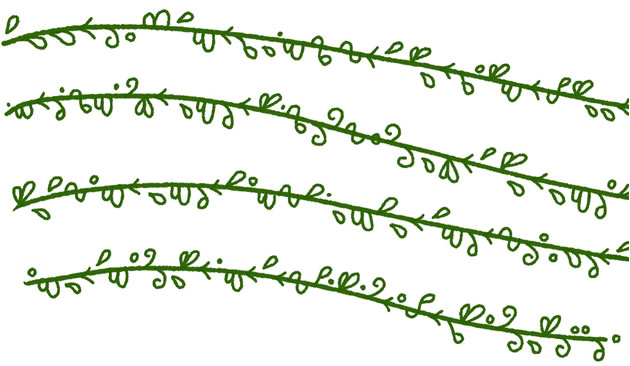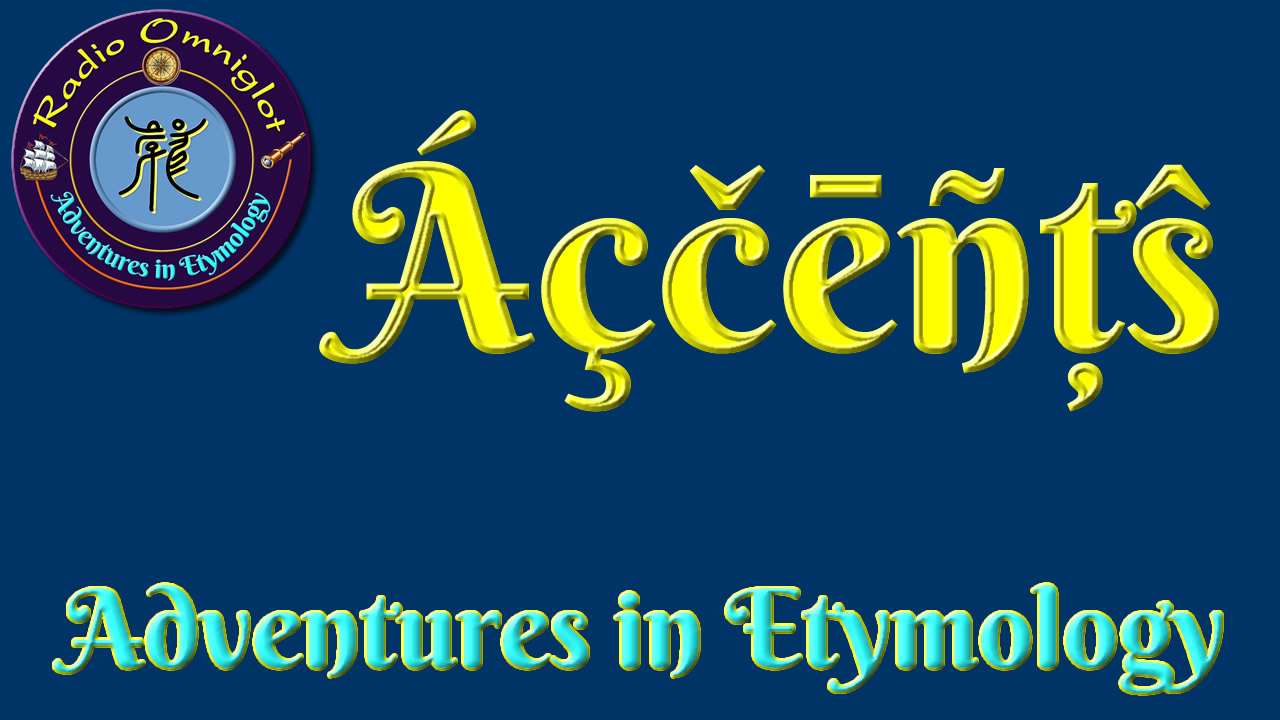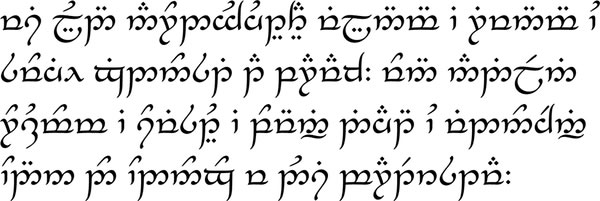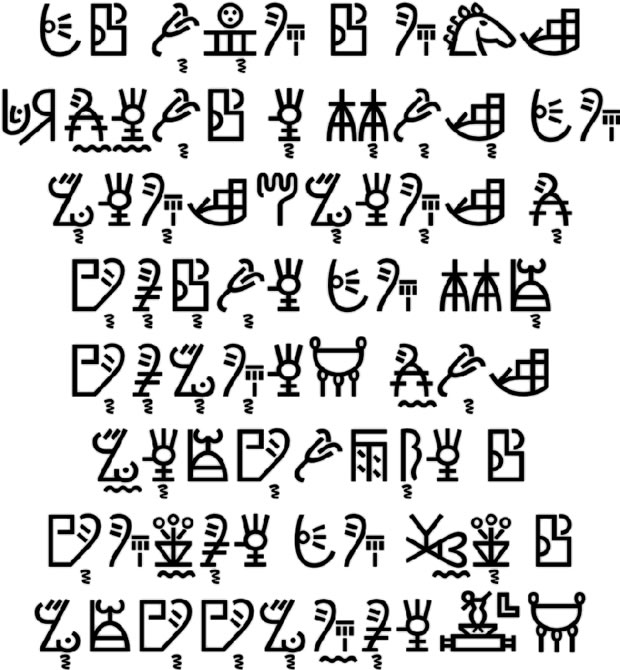Podcast: Play in new window | Download

Here’s the latest news from the world of Omniglot.
New language pages:
- Maʼanyan, an East Barito language spoken in the provinces of Central Kalimantan and South Kalimantan in Indonesia.
- Nuaulu, an East Central Maluku language spoken on Seram Island in eastern Indonesia.
- Uma, a Celebic language spoken mainly in Central Sulawesi Province in central Indonesia.
New constructed script: Tendrilis, an alternative way to write English (and other languages) designed by Anomalis to look like drawings of vines, leaves and tendrils.

New constructed script: Esoteric Circle Script, an alternative way to write English with symbols that resemble pie charts (or clocks) devised by Aiden Neuding.


New adapted script: Székelycédé, a way to write English with the Old Hungarian script devised by NPC30.
New numbers pages:
- Uma, a Celebic language spoken mainly in Central Sulawesi Province in central Indonesia.
- Wolio, a Celebic language spoken on Buton Island in Southeast Sulawesi in Indonesia.
- Moronene, a Celebic language spoken in Southeast Sulawesi in Indonesia.
On the Omniglot blog there’s a new post entitled The House of Jeroboam, we discover who Jeroboam was, why his house is associated with chaos, at least in Welsh, and what a Jeroboam is. There’s also the usual Language Quiz. See if you can guess what language this is:
Here’s a clue: this language is spoken in southern Nigeria.
The mystery language in last week’s language quiz was: Tausūg (Bahasa Sūg / بَهَسَ سُوگ), a Bisayan language spoken in the Philippines, Malaysia and Indonesia.
In this week’s Adventure in Etymology, we find out what Accents have to do with singing.
It’s also available on Instagram and TikTok.
On the Celtiadur blog, there’s a new post about words for Bottles and related things in Celtic languages.
For more Omniglot News, see:
https://www.omniglot.com/news/
https://www.facebook.com/groups/omniglot/
https://www.facebook.com/Omniglot-100430558332117
You can also listen to this podcast on: Apple Podcasts, Amazon Music, Stitcher, TuneIn, Podchaser, PlayerFM or podtail.
If you would like to support this podcast, you can make a donation via PayPal or Patreon, or contribute to Omniglot in other ways.
Radio Omniglot podcasts are brought to you in association with Blubrry Podcast Hosting, a great place to host your podcasts. Get your first month free with the promo code omniglot.













